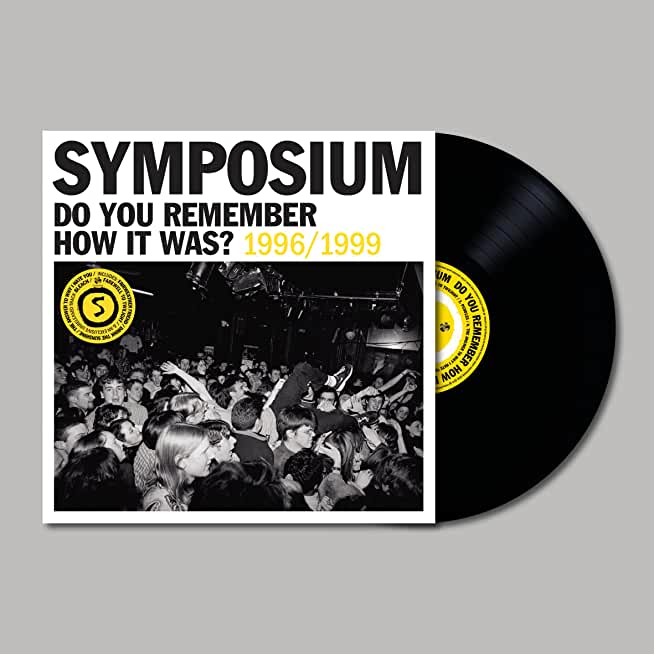
description
rvey of Weems' genre-defying oeuvre yet published
One of the most influential American artists working today, Carrie Mae Weems has investigated narratives around family, race, gender, sexism, class and the consequences of power for more than 40 years. Her complex oeuvre--always ahead of its time, and profoundly formative for younger generations of artists--has employed photography (for which she is best known), fabric, text, audio, digital images, installation and video. Writing in the New York Times, Holland Cotter succinctly described Weems as "a superb image maker and a moral force, focused and irrepressible."
This volume, spanning four decades of work, is the most thorough survey yet published. It includes Weems' earliest series, such as Family Pictures and Stories, for which she photographed her relatives and close friends; the legendary Kitchen Table Series, in which she posed in a domestic setting; and other critically acclaimed works and series such as Ain't Jokin', Colored People, From Here I Saw What Happened and I Cried, Not Manet's Type, The Jefferson Suite, Monuments, Roaming, Museums, Constructing History (A Class Ponders the Future), Slow Fade to Black and the Obama Project, among many others. Contextualizing these pieces are essays by LaCharles Ward and Fred Moten and a chronology by Raul Muñoz. The book also includes a visual essay by Weems that presents a personal selection of her own works from the artist's perspective. The accompanying exhibition is organized by Fundación MAPFRE in collaboration with Fundación Foto Colectania, Barcelona and Württembergischer Kunstverein, Stuttgart, where the exhibition Carrie Mae Weems. The Evidence Of Things Not Seen took place from April 2 through July 10, 2022. Carrie Mae Weems (born 1953) has received numerous awards, grants and fellowships, and is represented in public and private collections around the world, including the Metropolitan Museum of Art, the Museum of Fine Arts, Houston, the Museum of Modern Art and the Museum of Contemporary Art, Los Angeles. Weems lives in Brooklyn and Syracuse, New York.member goods
No member items were found under this heading.
Return Policy
All sales are final
Shipping
No special shipping considerations available.
Shipping fees determined at checkout.







